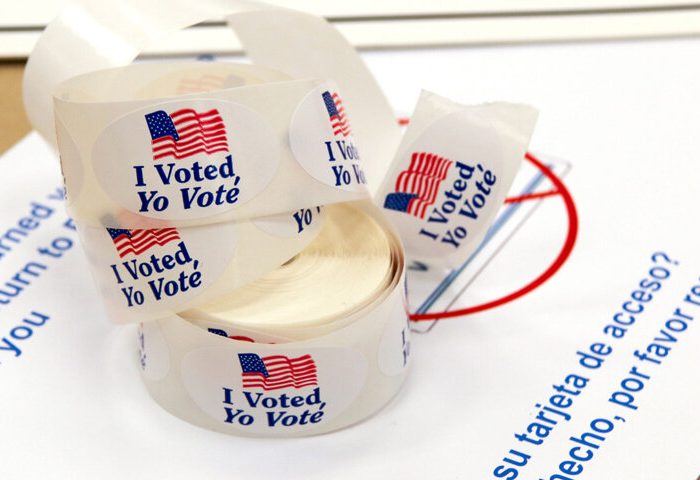In recent years, the hospitality industry has witnessed a surge in cyberattacks, with major players like MGM Resorts and Caesars Entertainment falling victim to these malicious acts. These cyberattacks have not only compromised the security of customer data but have also resulted in legal action against the affected companies. Let’s delve into the details of these incidents and the subsequent legal ramifications.
MGM Resorts, one of the world’s largest casino and hotel chains, suffered a significant data breach in 2019. The attack exposed personal information of approximately 10.6 million guests, including names, addresses, phone numbers, and even passport details. This breach, which originated from a cloud server misconfiguration, raised concerns about MGM’s data protection practices and triggered a wave of legal action.
Following the breach, several lawsuits were filed against MGM Resorts, accusing the company of negligence and failing to implement adequate security measures to protect customer data. The lawsuits alleged that MGM’s lax approach to cybersecurity allowed hackers to gain unauthorized access to sensitive information. As a result, affected customers sought compensation for potential damages, including identity theft and financial losses.
Similarly, Caesars Entertainment, another prominent player in the hospitality industry, faced legal action after experiencing a series of cyberattacks. In 2014, the company suffered a breach that compromised the personal information of nearly 4 million customers. The attackers gained access to customers’ names, addresses, social security numbers, and even credit card information.
Caesars Entertainment was accused of negligence and inadequate security measures in several lawsuits that followed the breach. Customers alleged that the company failed to implement industry-standard security protocols, leaving their personal information vulnerable to cybercriminals. The lawsuits sought damages for potential identity theft, fraudulent activities, and emotional distress caused by the breach.
The legal battles that ensued from these cyberattacks highlight the increasing importance of cybersecurity in the hospitality industry. As technology continues to advance, companies must prioritize robust security measures to protect their customers’ sensitive data. Failure to do so not only exposes customers to potential harm but also opens the door for legal consequences.
In response to these incidents, MGM Resorts and Caesars Entertainment have taken steps to enhance their cybersecurity practices. Both companies have invested in advanced security technologies, increased employee training on data protection, and implemented stricter access controls. These measures aim to prevent future breaches and rebuild customer trust in their brands.
Additionally, the legal actions against MGM Resorts and Caesars Entertainment have prompted industry-wide discussions on the need for stronger data protection regulations. Lawmakers and regulatory bodies are now pushing for stricter cybersecurity standards and harsher penalties for companies that fail to safeguard customer data adequately.
As the hospitality industry becomes increasingly digitized, cyberattacks pose a significant threat to both businesses and customers. It is crucial for companies to prioritize cybersecurity and invest in robust defense mechanisms to mitigate the risks associated with these attacks. By doing so, they can protect their customers’ data, avoid legal action, and maintain their reputation in an ever-evolving digital landscape.



